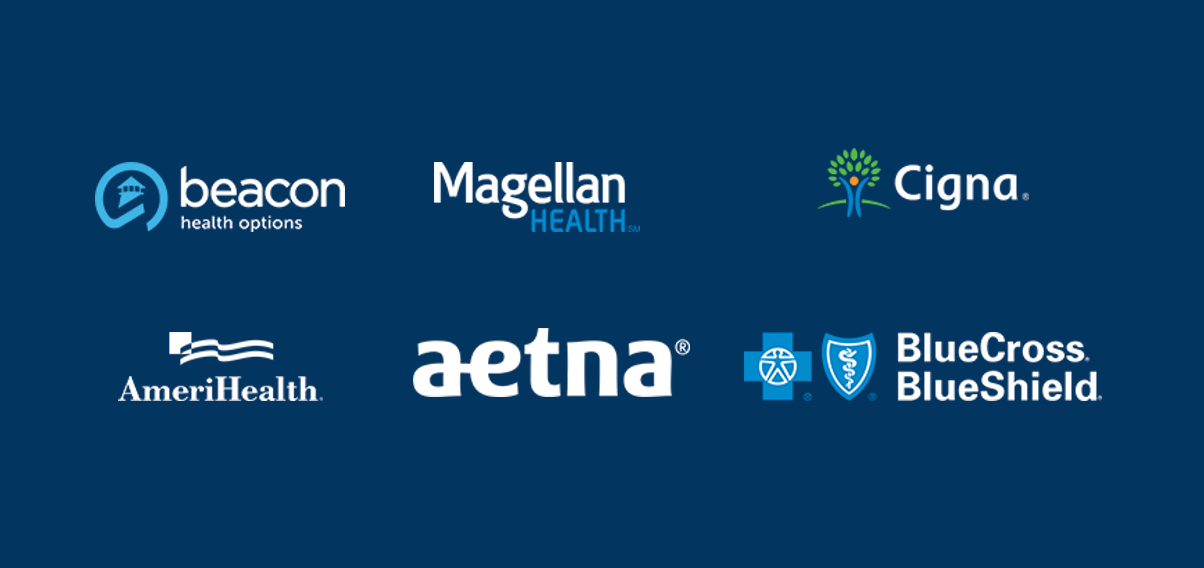The Sylvia Brafman Mental Health Center, located in the heart of Florida, is a leading provider of evidence-based treatment of Generalized Anxiety Disorder. We offer a variety of treatment options tailored to each individual’s needs. Our center, nestled in beautiful Broward County and just a short drive from Miami, Fort Lauderdale, West Palm Beach, Boca Raton, Hollywood, Coral Gables, Key West, and Pompano Beach, is renowned for its exceptional care and commitment to patient well-being.
We understand that coping with Generalized Anxiety Disorder can be daunting, so we’re here to help. At The Sylvia Brafman Mental Health Center, we believe in empowering our patients through comprehensive psychotherapy, outpatient and inpatient programs, medication options, and support groups. If you or a loved one are experiencing symptoms of Generalized Anxiety Disorder, don’t hesitate to reach out. Our dedicated team is ready to provide the support you need. Don’t wait another day – call us today to learn more about our unique treatment programs for Generalized Anxiety Disorder.












